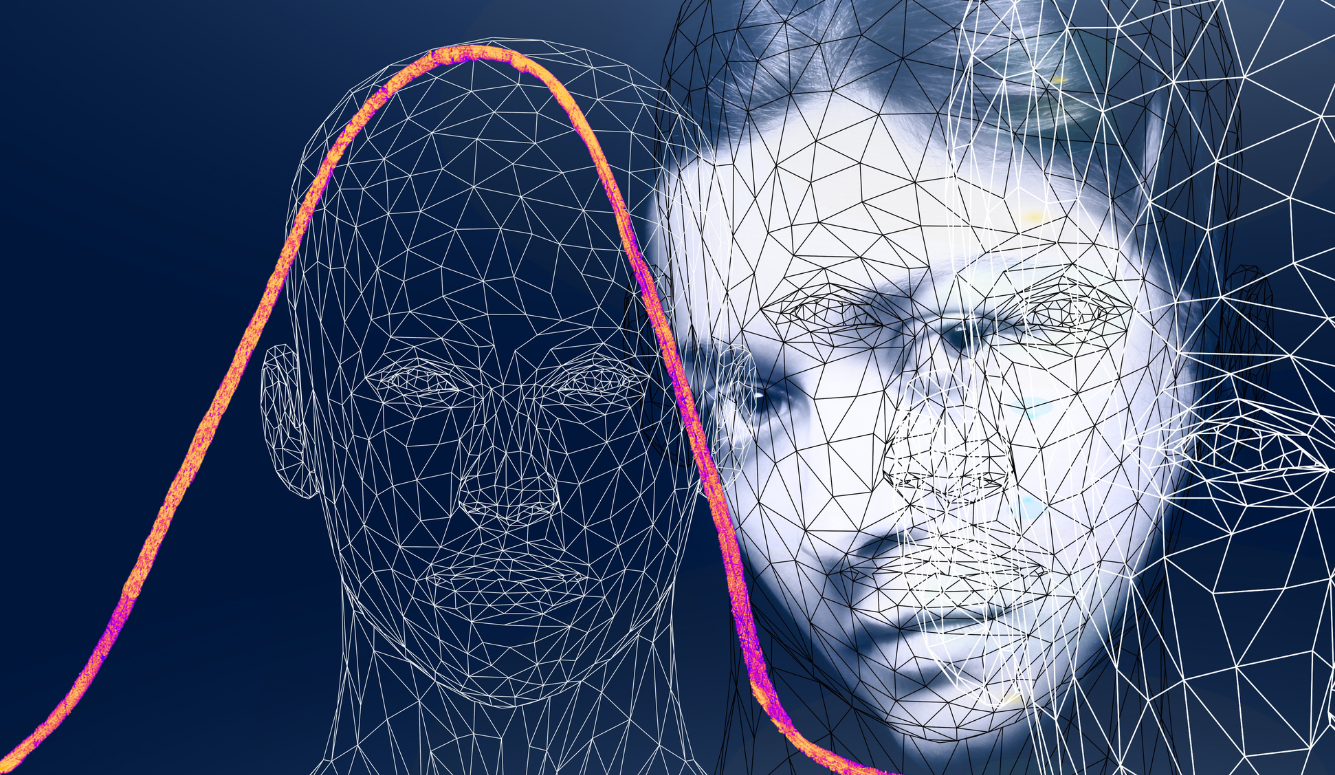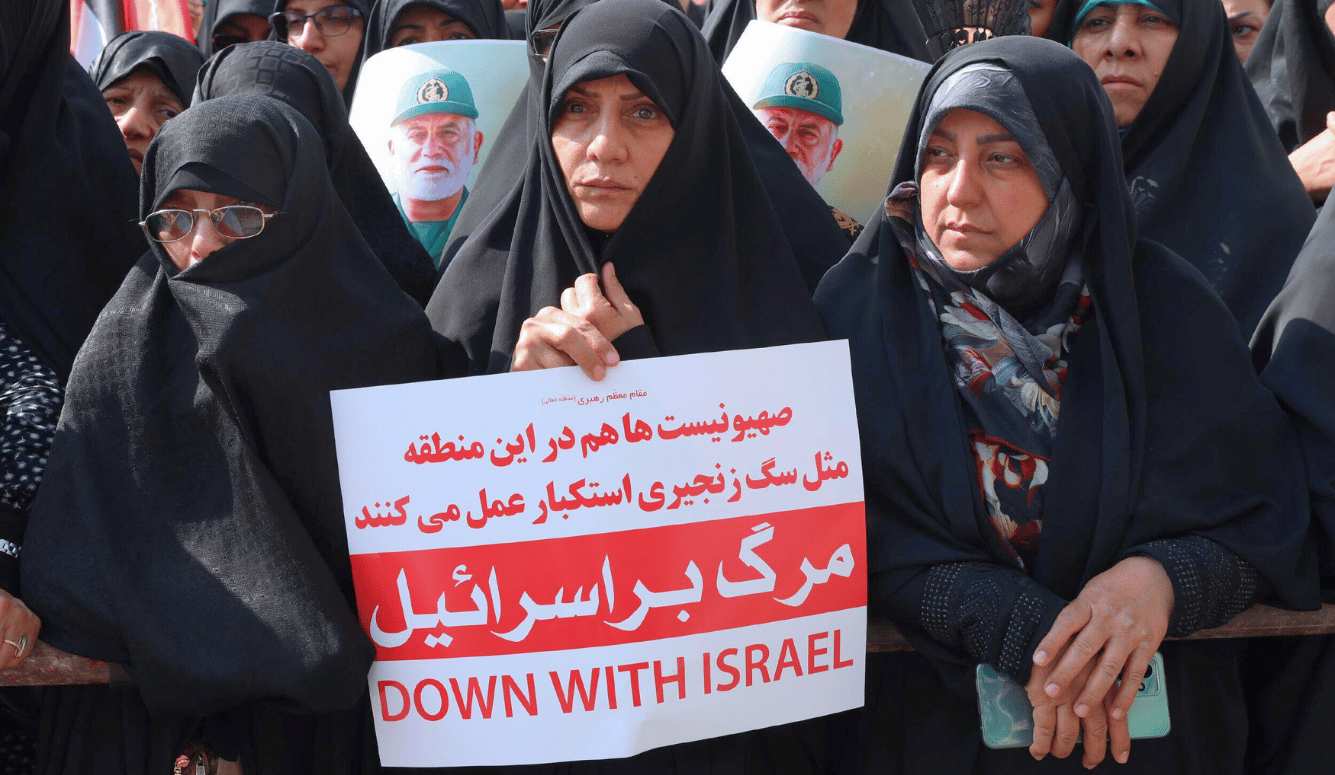China, the West, and The Three-Body Problem
The themes of Liu Cixin’s trilogy undermine his protestations of loyalty to the People’s Republic.
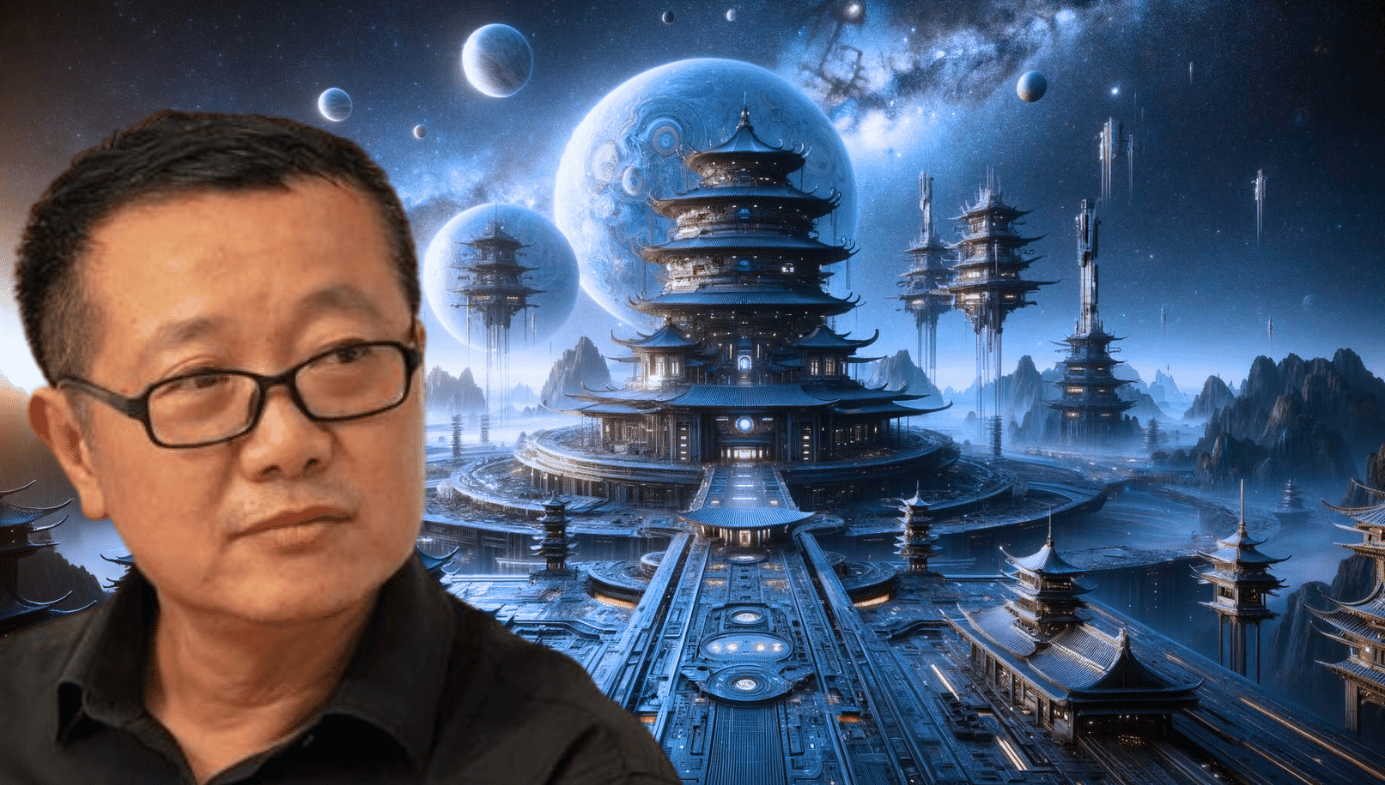
A review of the trilogy The Remembrance of Earth’s Past by Liu Cixin (The Three-Body Problem, 2006; the Dark Forest, 2008; Death’s End, 2010), 1472 pages, Chinese edition, Chongqing Publishing Group; English edition, Tor Books. Books 1 and 3 were translated from the Chinese by Ken Liu; book 2 by Joel Martinsen.
Contains spoilers.
The aliens of the planet Trisolaris have a big problem: their world is locked in an unstable orbit around three stars. The planet’s climate vacillates wildly and unpredictably between stable eras hospitable to life and chaotic eras of extreme heat or cold, during which the entire population is forced to hibernate. To make matters worse, it is only a matter of time before the planet crashes into one of its three suns.
The Trisolarans build a fleet of spaceships to migrate elsewhere: to colonize a habitable planet or invade and conquer an inhabited one. But they have no idea where to go—until they get a message from Earth.
This is the premise of The Three-Body Problem, the 2008 novel by Chinese author Liu Cixin, the first book in the Remembrance of Earth’s Past trilogy.
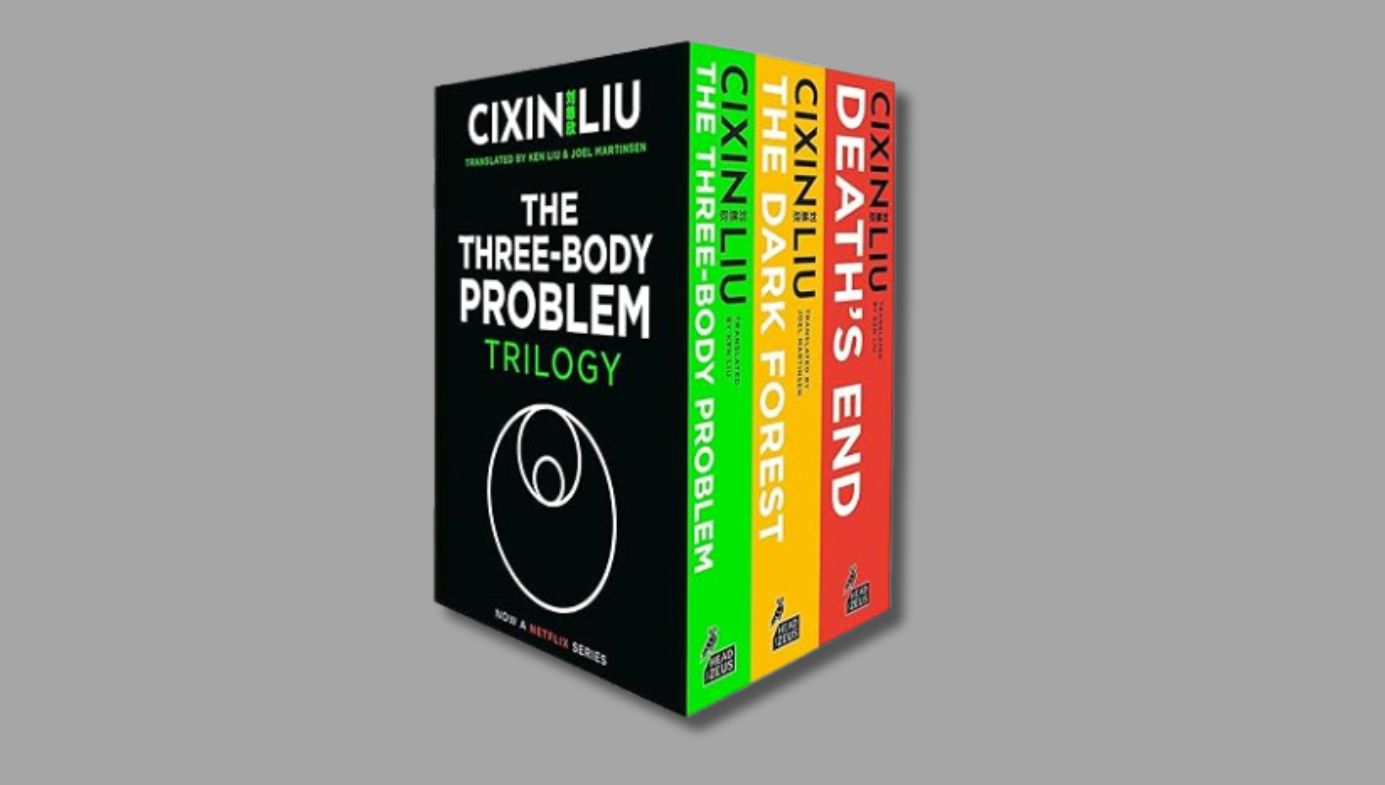
For a Chinese science fiction series to achieve international popularity is a somewhat remarkable phenomenon. China, despite its size, lags far behind nations like Japan and South Korea in cultural exports. Nor has China historically been known for a particularly vibrant speculative fiction scene—although that has changed in recent years, in part due to the impact of Liu’s work. And yet The Three-Body Problem has struck a chord with many Western readers. It has been favourably reviewed by Barack Obama, Mark Zuckerberg, and George R.R. Martin; the English translation won the 2015 Hugo Award for Best Novel; and it is the subject of a forthcoming Netflix show.
Liu’s work would not have been able to cross the Pacific, and the formidable Chinese–English translation barrier (despite the help of masterful translator Ken Liu, no relation), if it were not well worth reading. The Three-Body Problem has that indispensable quality of all great speculative fiction: it excites the imagination. At his best, Liu grapples with difficult ideas in the manner of the classic masters of science fiction, and he does so with prose of a quality rarely found in the genre. Though some of his science fiction tropes are recycled from earlier works, his treatment of these tropes is thoughtful and innovative: in his books, the Western foundations of the genre are refracted through a prism of Eastern thought.
And in the current climate of growing geopolitical tension, it is impossible to not see certain political undertones in the trilogy.
Most of the first book takes place in the present day, and centres on a woman named Ye Wenjie. Years earlier, as a young girl during the Cultural Revolution, Ye watched as her scientist father was killed by a Maoist mob for his “reactionary” theories. Ye herself was later sentenced to prison and eventually ended up involved in a secret Search for Extraterrestrial Intelligence project. After broadcasting a greeting from Earth to the cosmos, Ye received a message from a Trisolaran dissident, warning her not to answer; if she does, they will be able to pinpoint Earth’s location and invade.
Ye, who has endured years of suffering at the hands of the human race, sends a message urging the Trisolarans to conquer Earth. Soon afterwards, she links up with a radical environmentalist, and together they found the Earth-Trisolaris Organization, a league of similarly inclined misanthropes who intend to act as a fifth column to soften Earth up for invasion in the centuries before the Trisolaran fleet, travelling at a fraction of the speed of light, arrives.
Although criticism of the Cultural Revolution is sometimes begrudgingly tolerated in modern China, and the novel was published in the pre-Xi Jinping era, when censorship was somewhat less strictly enforced than it is today, this is an audacious suggestion by Liu: that the horrors visited on China by Mao’s regime could be among the strongest arguments for the idea that the human race is unworthy of managing its own affairs. It is equally remarkable that misanthropic environmentalism could be portrayed as a villainous force. (The Three-Body Problem did not quite make it past the censors untouched, however: in the Chinese version, Liu was forced to move the provocative opening chapter to the middle of the book.)
At the end of The Three-Body Problem, the plot is unmasked, and Earth begins a desperate attempt to prepare for the invasion. However, the humans are operating with a handicap: the Trisolarans have sent ahead a number of sentient subatomic particles, known as sophons. These sophons spy on Earth, and sabotage particle accelerators, so that humanity’s progress in physics quickly grinds to a halt. Technology still advances, but only within the bounds of our current knowledge. No new breakthroughs can be made.
In Liu’s world, the Trisolarans’ superior military technology predetermines their victory: no matter how brave or smart the human defenders may be, they have no hope of defeating their more advanced foe. The book does not contain any plucky underdog victories of the type that are so endearing to Western audiences, no Luke Skywalker blowing up the Death Star. The stronger party wins.
It has certainly not been lost on readers that the clash between Earth and Trisolaris could be taken as an analogy for the current quasi-Cold War between China and the United States. Liu himself casually dismissed these speculations in a 2019 New Yorker profile: “The whole point (of fiction) is to escape the real world!” Yet one must take his words with a dose of scepticism; Liu is surely aware that literature can provide a lens through which to understand real-world events.
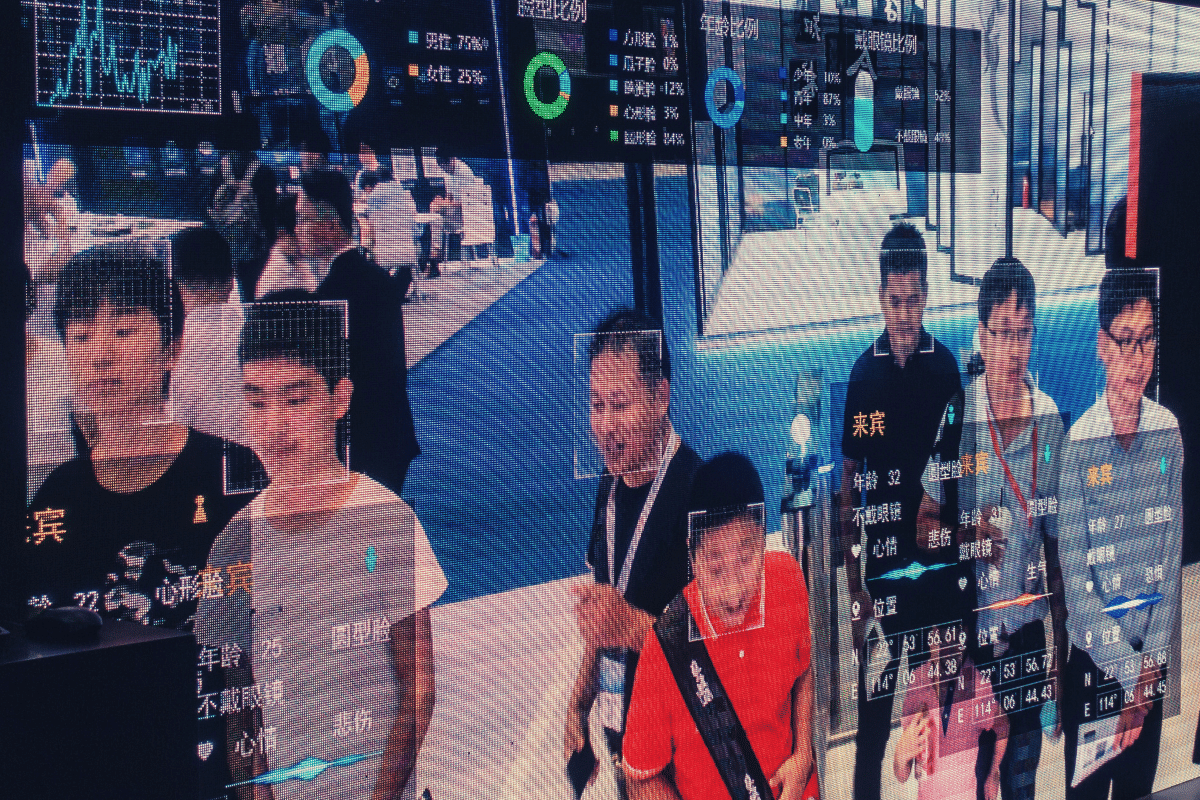
The most obvious interpretation of the story is that Earth is China, and Trisolaris is the West. For millennia, China was almost like a planet unto itself: geographically isolated from much of the rest of the world and surrounded by smaller and weaker neighbours. It operated as a more or less cohesive closed system, its internal policy dictated by strict Confucian principles. Of course, China always had some contact with the outside world, as its long history of wars, invasions, and social upheavals attests, but after these disruptions it usually reverted to the status quo. Even conquering powers like the Mongols and the Manchus became Chinese within a few generations.
Then, in the 1800s, China was shaken awake by its first sustained contact with the West. European traders began appearing in Chinese ports, selling exotic and sometimes dangerous new goods, including opium. When China fought back against the opium trade, it was militarily humiliated by the technologically superior British, and forced to sign treaties that opened even more of its ports to foreign trade.
China quickly realized that it was no longer a Middle Kingdom surrounded by subservient tributaries, but only one power among many, and so over the following decades it scrambled madly to catch up. There was a vast national effort to achieve technological parity with the West. Despite the partial success of these efforts, China suffered blow after blow, both externally and internally, culminating in its brutal invasion by Japan in World War II. This was China’s Century of Humiliation, which ended with the Communist takeover of 1949—although that itself only brought further horrors.
However much one might oppose the Chinese Communist Party, one can forgive the Chinese powers-that-be for harbouring a certain resentment, a sense of having been repeatedly shamed by weaker foreign powers, and denied the respect which the country is due. China may be the second most populous nation in the world, four times larger than the United States, but from their perspective they are David and the Western world (comprised of an alliance of all China’s recent historical adversaries, with their massive combined armies) is Goliath. Even now, China’s dependence on foreign semiconductors hampers its technological capacities, much as the sophons do to Earth in Liu’s novel.
This sense of wounded pride is central to understanding the modern Chinese mindset towards the West, and it seeps through in Liu’s writing. The Trisolarans operate with a meanness and contempt that seem excessive even for a conquering force, as when they deride the humans to their faces as “bugs.”
This, at least, is one reading of The Three-Body Problem. And it is backed up by Liu’s own political takes. In the abovementioned New Yorker interview, Liu plays the doctrinaire Chinese patriot. He recites party talking points on various issues, including the incompatibility of democracy with Chinese society (“If China were to transform into a democracy, it would be hell on earth”), and even excuses the forced deportation and re-education of Uyghur Muslims in Xinjiang: “Would you rather that they be hacking away at bodies at train stations and schools in terrorist attacks? If anything, the government is helping their economy and trying to lift them out of poverty.”
(At the end of the interview, Liu demonstrates what might be a hint of discontent with the Chinese regime when he expresses surprise at the Vietnam War Memorial in Washington, D.C. In China, he says, common soldiers would never be individually named on a memorial.)
If Liu actually agrees with the PRC’s actions in Xinjiang, he is guilty of moral monstrosity. But the words of a man living under the thumb of a totalitarian system, who could easily face imprisonment, or worse, for dissent, cannot be taken at face value: perhaps he disagrees with the policy and is simply trying to stay out of trouble.
In Liu’s novels, deception can be heroic. In the second book of the series, The Dark Forest, humans come up with a bizarre plan to defeat the Trisolarans. Normal military strategizing is futile because the sophons are watching everything. Only the human mind is safe from surveillance. Thus, immense power is entrusted to a small group of Wallfacers, whose purpose is to engage in complex strategic misdirection, deceiving even their fellow humans. Since Liu himself was raised in a totalitarian panopticon where the authorities are almost as omniscient as sophons, and where hiding one’s true thoughts can be necessary for survival, the novelist may have decided that his best strategy for resistance is to be a Wallfacer of sorts, to feign compliance with the Chinese Communist Party, while publishing novels that subtly undermine it.



